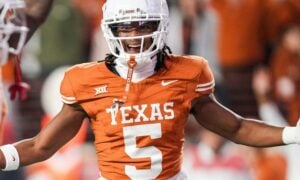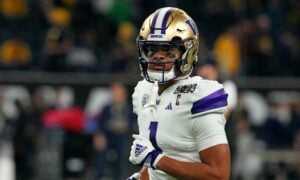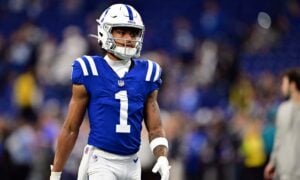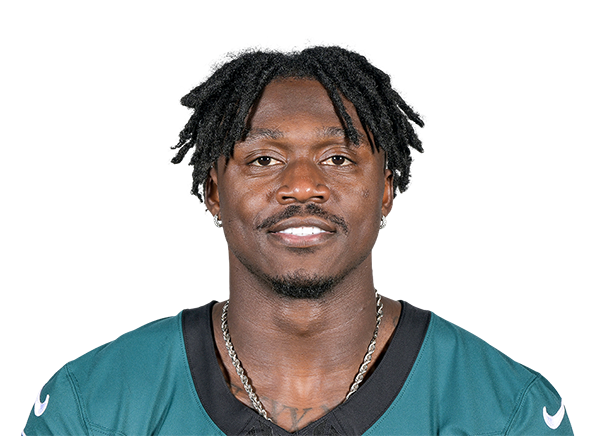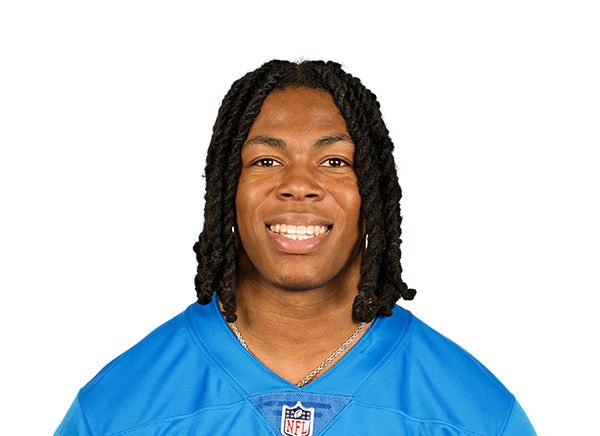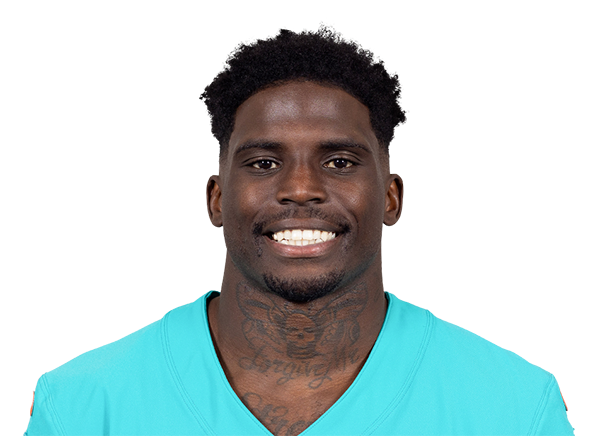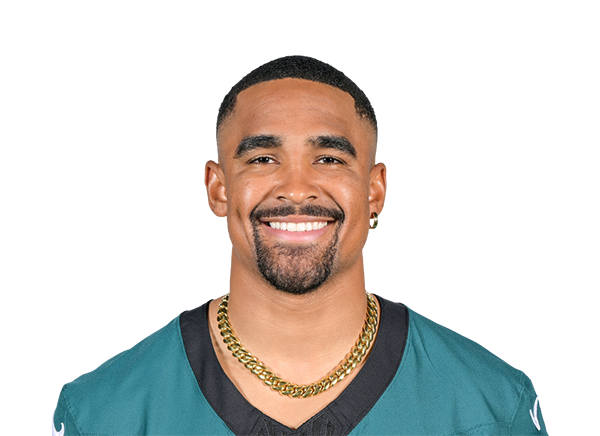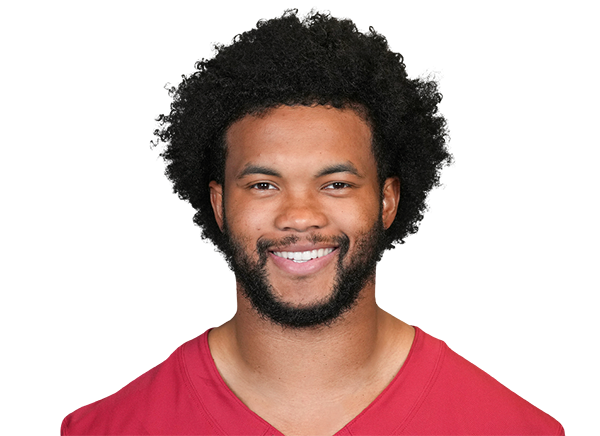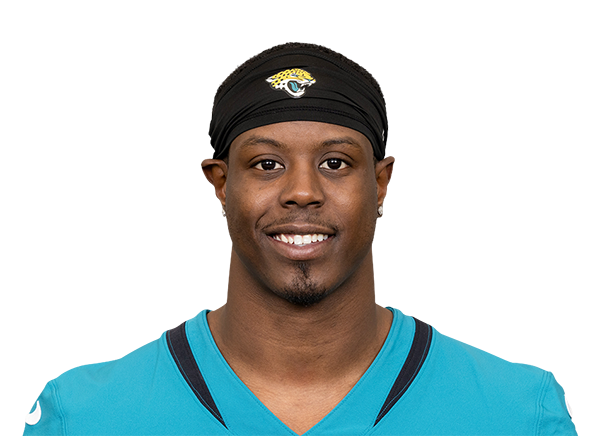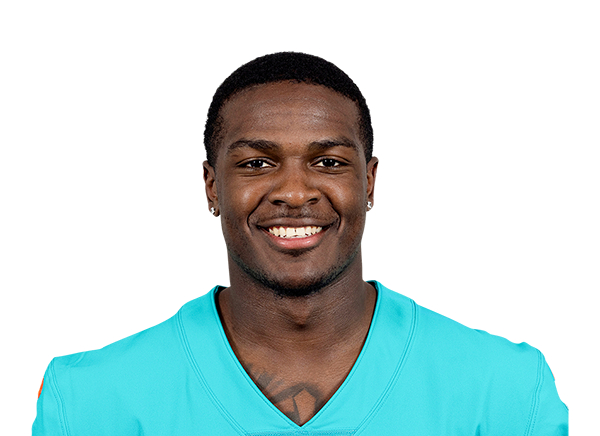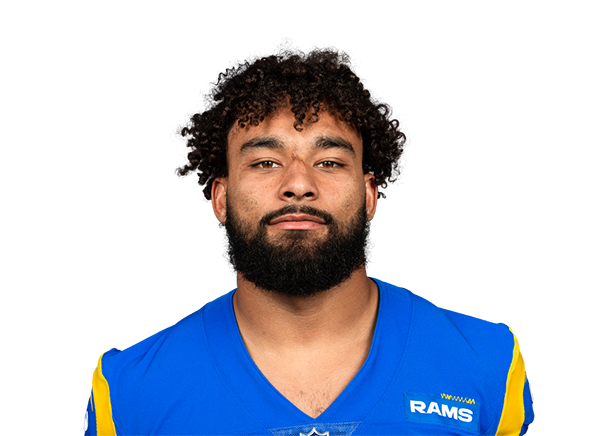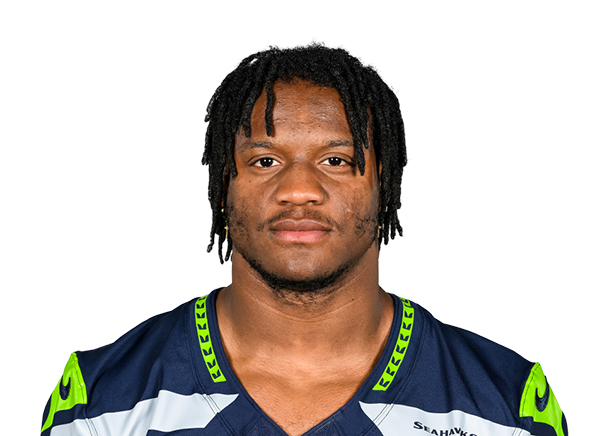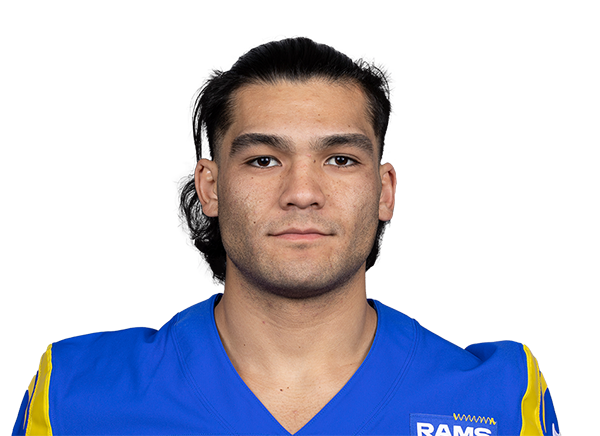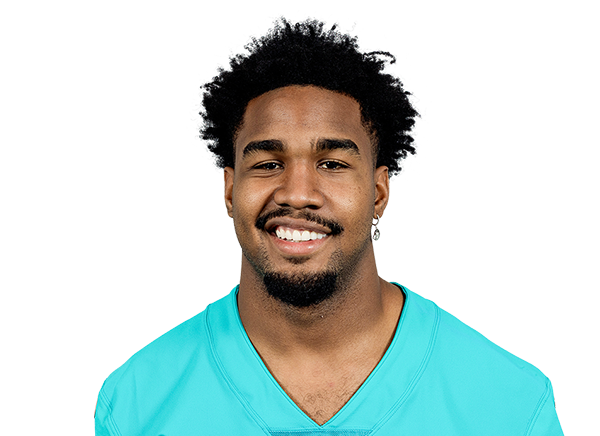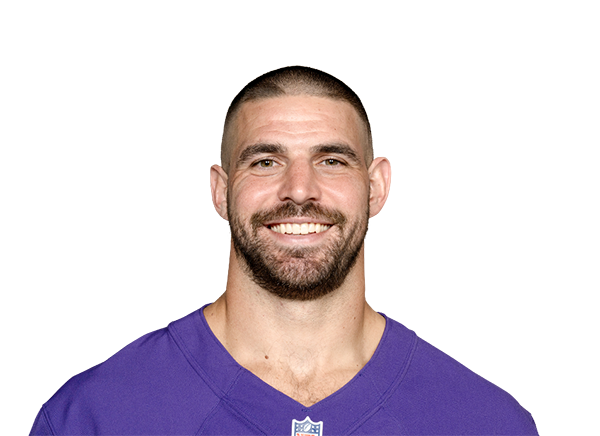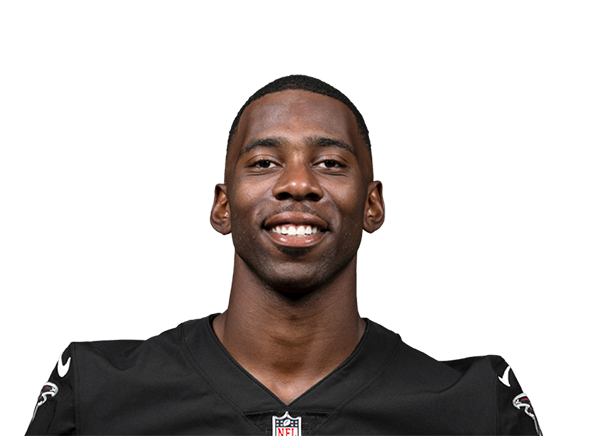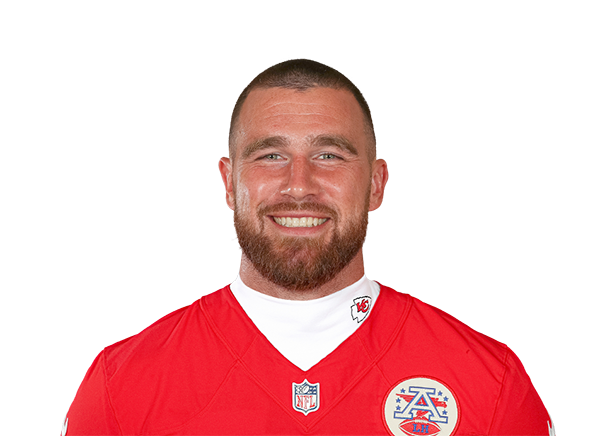2019 NFL Draft Aftermath: Winners and Losers from the AFC North
Whether it’s good or bad, every pick made in the draft spurs a chain reaction down a team’s depth chart. Some reactions are big and some are infinitesimal. Nonetheless, there are winners and losers after every draft. Rosters are always evolving and the landscape of the entire league changes from year to year.
The AFC North is no different from any other division in the league. Each team is trying to improve their roster so they can make a run for the playoffs. The Draft is the catalyst for the transitions of these franchises. Some players are going to see a decreased role with their teams and other players left the draft unscathed.
Let’s take a look and see which players were impacted by the draft in the AFC North.
Baltimore Ravens
Round 1 – Pick 25 (25): Marquise Brown, WR Oklahoma
Round 3 – Pick 22 (85): Jaylon Ferguson, EDGE Louisiana Tech
Round 3 – Pick 30 (93): Miles Boykin, WR Notre Dame
Round 4 – Pick 11 (113): Justice Hill, RB Oklahoma State
Round 4 – Pick 21 (123): Ben Powers, G Oklahoma
Round 4 – Pick 25 (127): Iman Lewis-Marshall, CB USC
Round 5 – Pick 22 (160): Daylon Mack, DT Texas A&M
Round 6 – Pick 25 (197): Trace McSorley, QB Penn State
Winner – Lamar Jackson, QB
Jackson came out a big winner from this year’s draft. It’s evident the Ravens want to build the team around him. They drafted Marquise Brown in the first round and another wide receiver, Miles Boykin, in the third round, making two pass catchers drafted in the top 100 for the Ravens. Brown will stretch the field and will be a headache for defensive backs to cover downfield. Boykin has a blend of size and athleticism that could make him a good complement to Jackson in the passing game. If both young receivers can develop to their protentional then it would be wheels up for the Ravens’ passing offense.
Baltimore wasn’t done trying to make life easier for Jackson. They drafted Justice Hill, a very athletic running back and Ben Powers a guard from Oklahoma in the fourth round. Hill will add a new wrinkle to the team’s rushing attack along with giving Jackson another receiver out of the backfield. Investing in the offensive line is always good for a young quarterback and the team hopes they can get something out of Powers.
[am4show have=’g1;’ guest_error=’sub_message’ user_error=’sub_message’ ]
Loser – Willie Snead, WR
We knew that the Ravens were going to add to their wide receiver corps either through free agency or the draft. By dipping their toe in the wide receiver well twice, the Ravens obviously want to reboot their group by adding fresh talent. This doesn’t bode well for Snead. He is signed with the team through the end of this year and will be a free agent in 2020.
Next year’s draft class should also have a lot of talent at the wide receiver position. Even though he had a nice run in New Orleans, Snead isn’t a stud athlete. He made a name for himself during the course of his career, but sooner than later he will be phased out of the league.
Pittsburgh Steelers
Round 1 – Pick 10 (10): Devin Bush, LB Michigan
Round 3 – Pick 2 (66): Diontae Johnson, WR Toledo
Round 3 – Pick 20 (83): Justin Layne, CB Michigan State
Round 4 – Pick 20 (122): Benjamin Snell, RB Kentucky
Round 5 – Pick 3 (141): Zach Gentry, TE Michigan
Round 6 – Pick 2 (175): Sutton Smith, EDGE Northern Illinois
Round 6 – Pick 20 (192): Isaiah Buggs, DT Alabama
Round 6 – Pick 35 (207): Ulysees Gilbert, LB Akron
Round 7 – Pick 5 (219): Derwin Gray, T Maryland
Winner – Ben Roethlisberger, QB
The Steelers could have easily traded up to ten to select Dwayne Haskins instead of Devin Bush. This alternate timeline of events would have created a lot of speculation to Roethlisberger’s long-term viability with the team. Even though he’s signed with the team through 2021, his contract becomes more favorable after the 2020 season, providing just $12.5 million against the cap if the Steelers wanted to cut him.
He’s 37 years old and it looks like the Steelers are going to at least let him play out his current contract, if not sign him for a little bit longer. They’ve drafted developmental quarterbacks in the middle rounds in the past but none of them have proved to be his successor. It might be a few years down the road before the team starts looking for their future quarterback. If anything, the draft slightly helped Roethlisberger. He received a new slot receiver in Diontae Johnson and some added running back depth with Benny Snell. Not to mention, Zach Gentry will add some talent at tight end. Roethlisberger is set to be the team’s starting quarterback for at least another season.
Loser – James Conner, RB
Conner isn’t truly a loser, but added competition isn’t always good. As long as he continues to play to his potential, he shouldn’t have any problems. On the flipside, if he gets hurt or starts to not play well then Jaylen Samuels and Benny Snell could start siphoning touches away from him. Snell isn’t a slouch either. At Kentucky, he rushed for 3,873 yards and 48 touchdowns during his three-year collegiate career. At the combine, he proved that he’s not the most athletic running back, but all he needs is an opportunity for him to flash his talents.
Depth is always good at running back and Conner is signed with the team through 2020 so it’s good to have some other running backs on the roster who can fill the void if the team decides not to extend his contract. Historically, the Steelers have always funneled their workload through one running back, but that doesn’t mean they won’t change their approach, especially if Snell and Samuels start proving their worth.
Personally, I’m not overly concerned with the Snell-pick. The team was going to eventually draft running back depth. They only invested a fourth-round pick so the draft capital spent on Snell isn’t enough for the team to try to frantically fit him into the offensive game plan. If Conner can’t beat out Snell or Samuels, then he doesn’t deserve to be a starting running back for an NFL team.
Cleveland Browns
Round 2 – Pick 14 (46): Andraez (Greedy) Williams, CB LSU
Round 3 – Pick 17 (80): Slone Takitaki, LB Bringham Young
Round 4 – Pick 17 (119): Sheldrick Redwine, S Miami FL
Round 5 – Pick 17 (155): Lyndell Wilson, LB Alabama
Round 5 – Pick 32 (170): Austin Selbert, K Oklahoma
Round 6 – Pick 17 (189): Drew Forbes, G Southeast Missouri
Round 7 – Pick 7 (221): Donnie Lewis, CB Tulane
Winner – Antonio Callaway, WR
With the addition of Odell Beckham Jr., the off-season hasn’t been very good for Callaway. His role should significantly decrease next season. Additionally, this year’s draft was loaded with talented wide receivers and the luxury of taking one looked very tempting with every pick the Browns made. At the end of draft weekend, they left Nashville without drafting a pass catcher. This will leave room for Callaway to breath. During his rookie season last year, he caught 43 passes for 586 yards and five touchdowns but he was only able to reel in 54.4 percent of his targets. The draft didn’t kill his stock, but the Beckham trade definitely took the wind out of his sails.
Loser – Baker Mayfield, QB
Mayfield is never a loser. His job is not in question and won’t be for a very long time. Honestly, there really aren’t any losers on this Browns team. The team is stacked with talent and is ready to make a championship run. The only negative that comes to mind from this draft is that Mayfield didn’t receive any extra weapons to throw the ball too. It’s not a big deal. The team obviously doesn’t need any more pass catchers or running backs. However, with a wide receiver class that is uber deep and talented, it’s hard to go a full seven rounds without taking a stab at one of the receivers. Even when Mayfield loses, he wins.
Cincinnati Bengals
Round 1 – Pick 11 (11): Jonah Williams, OT Alabama
Round 2 – Pick 20 (52): Drew Sample, TE Washington
Round 3 – Pick 9 (72): Germaine Pratt, LB North Carolina State
Round 4 – Pick 2 (104): Ryan Finley, QB North Carolina State
Round 4 – Pick 23 (125): Renell Wren, DT Arizona State
Round 4 – Pick 34 (136): Michael Jordan, G Ohio State
Round 6 – Pick 9 (182): Trayveon Williams, RB Texas A&M
Round 6 – Pick 38 (210): Deshaun Davis, LB Auburn
Round 6 – Pick 39 (211): Rodney Anderson, RB Oklahoma
Round 7 – Pick 9 (223): Jordan Brown, CB South Dakota State
Winner – Tyler Boyd, WR
Boyd is entering his contract year and the last thing he needs is more competition for targets. Luckily, the Bengals didn’t draft a wide receiver this year. AJ Green is set to hit the open market next off-season and the team still decided to fade wide receiver in the draft. The Bengals should extend Boyd sometime between now and next off-season. He doesn’t have to worry about a talented rookie wide receiver hitting the depth chart and disrupting the flow of targets within the offense. Last season, Boyd caught 1,087 yards and seven touchdowns while seeing a 22 percent ownership of the team’s passing targets.
Loser – Giovani Bernard, RB
The Bengals surprisingly drafted two running backs in the sixth round of this year’s draft. Trayveon Williams, running back from Texas A&M possesses a similar skill set to Bernard. He can catch the ball out of the backfield and can serve as a change of pace back when needed. Rodney Anderson’s collegiate career was riddled with injuries, but when he was on the field he looked the part of a three-down back. Both players have talent but fell in the draft.
Bernard is set to be a free agent at the end of the year and it appears the Bengals are preparing for his departure. Not only that, but it’s always good to have added depth on the roster. With Williams and Anderson on the team, it’s going be hard for Cincinnati to logically fork over cash to Bernard when they have suitable replacements ready to go. Bernard will be 28 years old going into next off-season which is another reason why the Bengals will more than likely move one from the veteran running back.
[/am4show]






